Intro
Hysterectomy is a significant medical procedure that has been a topic of discussion for many years, with its importance and relevance extending to various aspects of women's health. The procedure involves the surgical removal of a woman's uterus, which can be performed for various reasons, including health issues, personal choice, or a combination of both. Understanding the intricacies of hysterectomy is crucial for women who may be considering the procedure or have already undergone it. With advancements in medical technology and changing societal attitudes, it is essential to delve into the world of hysterectomy, exploring its benefits, risks, and everything in between.
The decision to undergo a hysterectomy is not one to be taken lightly, as it can have far-reaching consequences on a woman's physical and emotional well-being. However, for many women, the procedure can be a lifesaver, providing relief from debilitating symptoms, improving quality of life, and reducing the risk of certain health complications. As we navigate the complex landscape of women's health, it is vital to acknowledge the significance of hysterectomy, its implications, and the support systems in place for those who have undergone the procedure. By doing so, we can work towards creating a more informed and empathetic community, where women feel empowered to make decisions about their bodies and health.
As we explore the realm of hysterectomy, it is essential to consider the various factors that contribute to the decision-making process. From medical conditions such as uterine cancer, fibroids, and endometriosis to personal circumstances, including family planning and lifestyle choices, the reasons for undergoing a hysterectomy are diverse and multifaceted. Furthermore, the procedure itself can be tailored to individual needs, with various surgical approaches and techniques available, including open surgery, laparoscopy, and robotic-assisted surgery. By examining the intricacies of hysterectomy, we can gain a deeper understanding of the procedure, its benefits, and its potential risks, ultimately empowering women to make informed decisions about their health.
Hysterectomy Types and Procedures
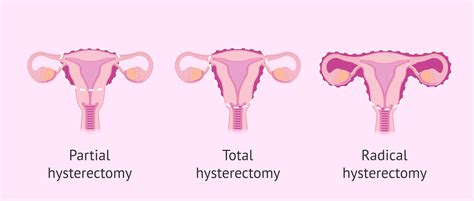
Hysterectomy Approaches
The approach used for hysterectomy can vary depending on the individual case, with factors such as the size of the uterus, the presence of scar tissue, and the surgeon's preference influencing the decision. Open surgery, also known as abdominal hysterectomy, involves a large incision in the abdomen to access the uterus. Laparoscopic hysterectomy, as mentioned earlier, uses small incisions and a laparoscope to remove the uterus. Robotic-assisted surgery is a relatively new approach, using a robotic system to assist the surgeon during the procedure. Vaginal hysterectomy, on the other hand, involves the removal of the uterus through the vagina, without the need for abdominal incisions.Hysterectomy Benefits and Risks
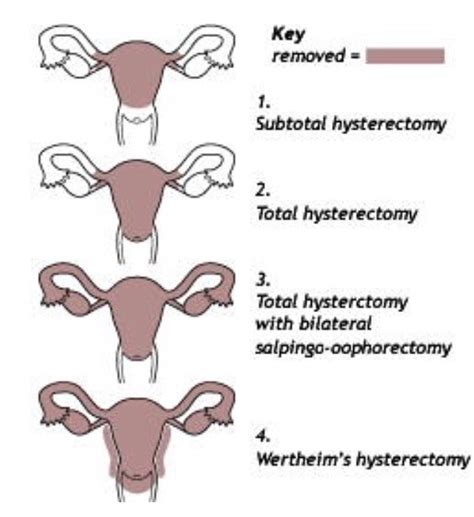
Hysterectomy Recovery and Aftercare
The recovery process after hysterectomy can vary depending on the individual case, with factors such as the type of procedure, overall health, and age influencing the healing process. Generally, women can expect to spend several days in the hospital, followed by several weeks of rest and recuperation at home. It is essential to follow the surgeon's instructions carefully, attending follow-up appointments, and reporting any concerns or symptoms promptly. Aftercare may include pain management, wound care, and emotional support, as women adjust to life after hysterectomy.Hysterectomy Alternatives and Options
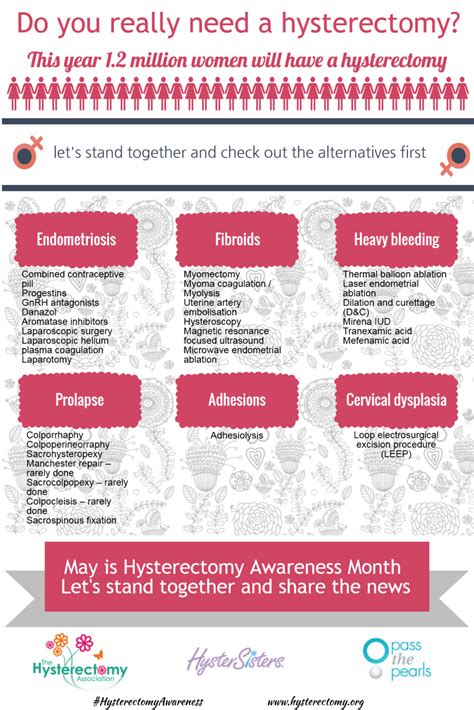
Hysterectomy and Fertility
Hysterectomy can have significant implications for fertility, as the procedure involves the removal of the uterus, making pregnancy impossible. However, for women who have undergone hysterectomy, there are still options available for building a family, including adoption, surrogacy, and egg donation. It is essential to discuss fertility options with a healthcare provider, exploring the possibilities and challenges, and considering individual circumstances and medical history.Hysterectomy Emotional and Psychological Impact
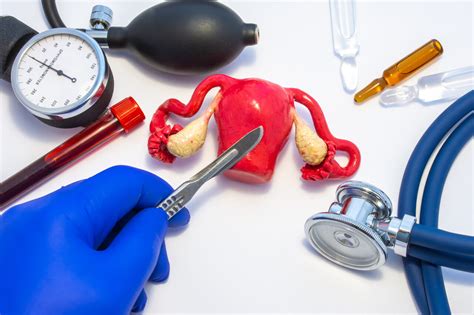
Hysterectomy and Relationships
Hysterectomy can also have implications for relationships, including romantic partnerships, friendships, and family relationships. It is essential to communicate openly and honestly with loved ones, sharing feelings, concerns, and needs. By doing so, women can build a support network, navigating the challenges and opportunities that arise during the healing process.Hysterectomy Statistics and Research
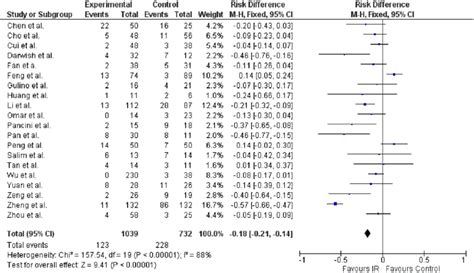
Hysterectomy Future Directions
As we look to the future, it is essential to consider the evolving landscape of hysterectomy, including advancements in medical technology, changing societal attitudes, and shifting patient needs. By exploring new approaches, techniques, and treatments, we can improve patient outcomes, reduce risks, and enhance the overall quality of life for women who have undergone hysterectomy.What is a hysterectomy?
+A hysterectomy is a surgical procedure that involves the removal of a woman's uterus, which can be performed for various reasons, including health issues, personal choice, or a combination of both.
What are the benefits of hysterectomy?
+The benefits of hysterectomy include relief from symptoms such as heavy bleeding, pelvic pain, and pressure, as well as reduced risk of certain health complications, including uterine cancer, ovarian cancer, and endometriosis.
What are the risks of hysterectomy?
+The risks of hysterectomy include infection, bleeding, and damage to surrounding organs, as well as potential long-term effects, such as early menopause and decreased sexual function.
Can I get pregnant after a hysterectomy?
+No, it is not possible to get pregnant after a hysterectomy, as the procedure involves the removal of the uterus, making pregnancy impossible.
How long does it take to recover from a hysterectomy?
+The recovery time for hysterectomy can vary depending on the individual case, but generally, women can expect to spend several days in the hospital, followed by several weeks of rest and recuperation at home.
As we conclude our exploration of hysterectomy, it is essential to remember that every woman's experience is unique, and the decision to undergo the procedure should be made after careful consideration and consultation with a healthcare provider. By providing accurate and unbiased information, we can empower women to make informed decisions about their health, navigating the complexities of hysterectomy with confidence and support. We invite you to share your thoughts, experiences, and questions about hysterectomy, and to join the conversation about women's health and wellness. Together, we can create a more informed and compassionate community, where women feel supported and empowered to take control of their bodies and their lives.
